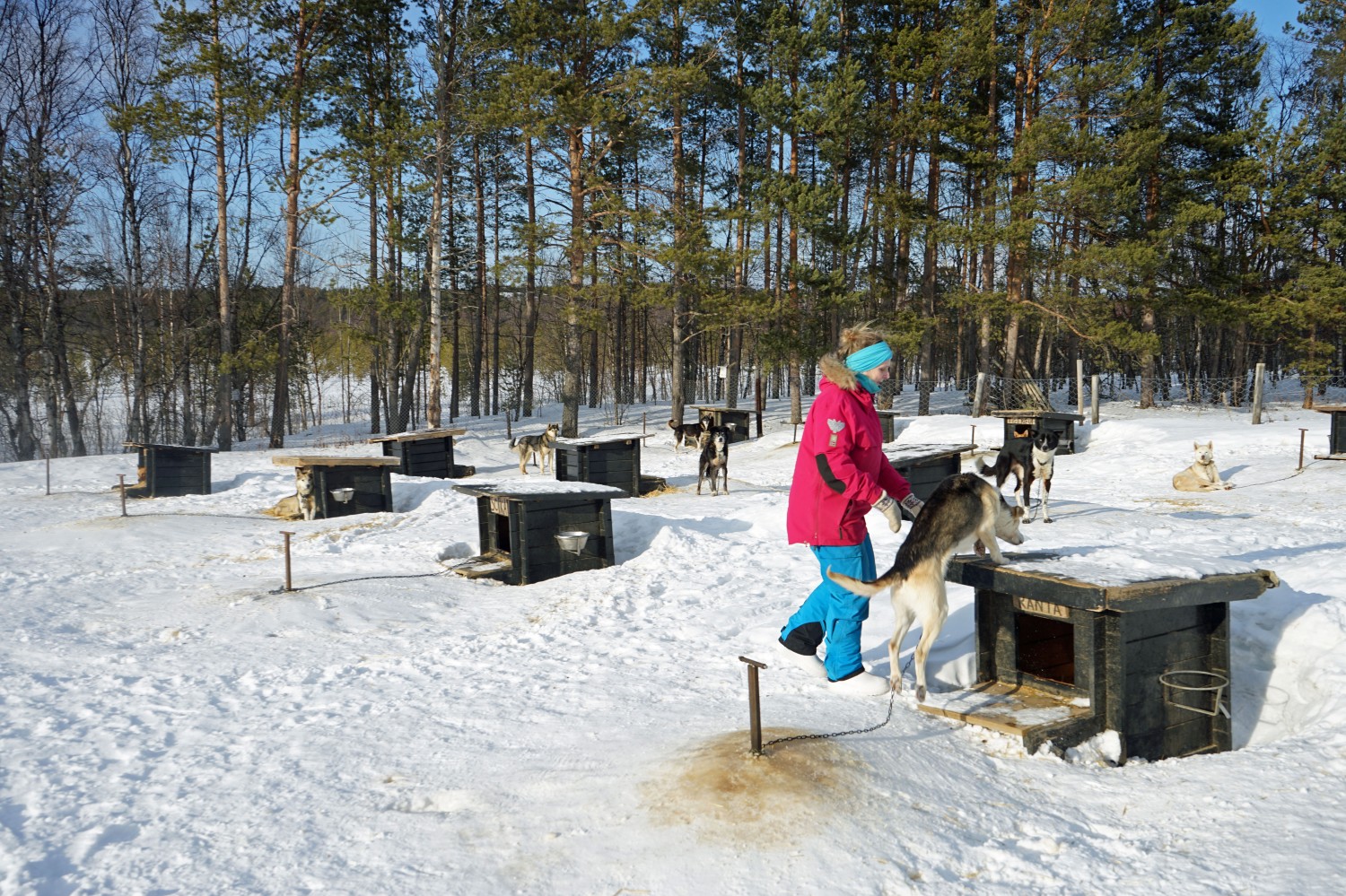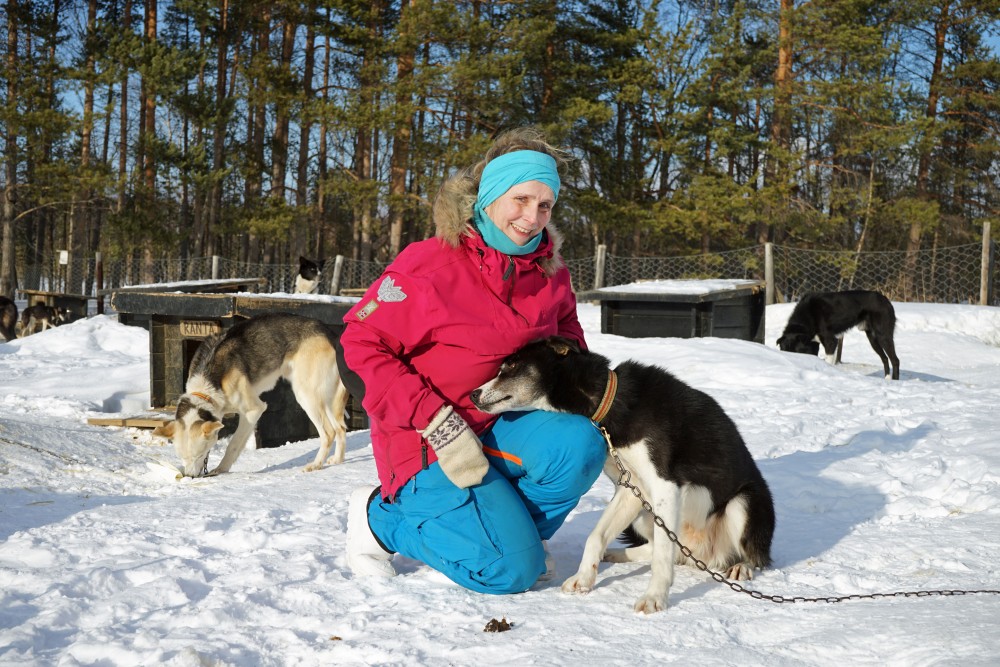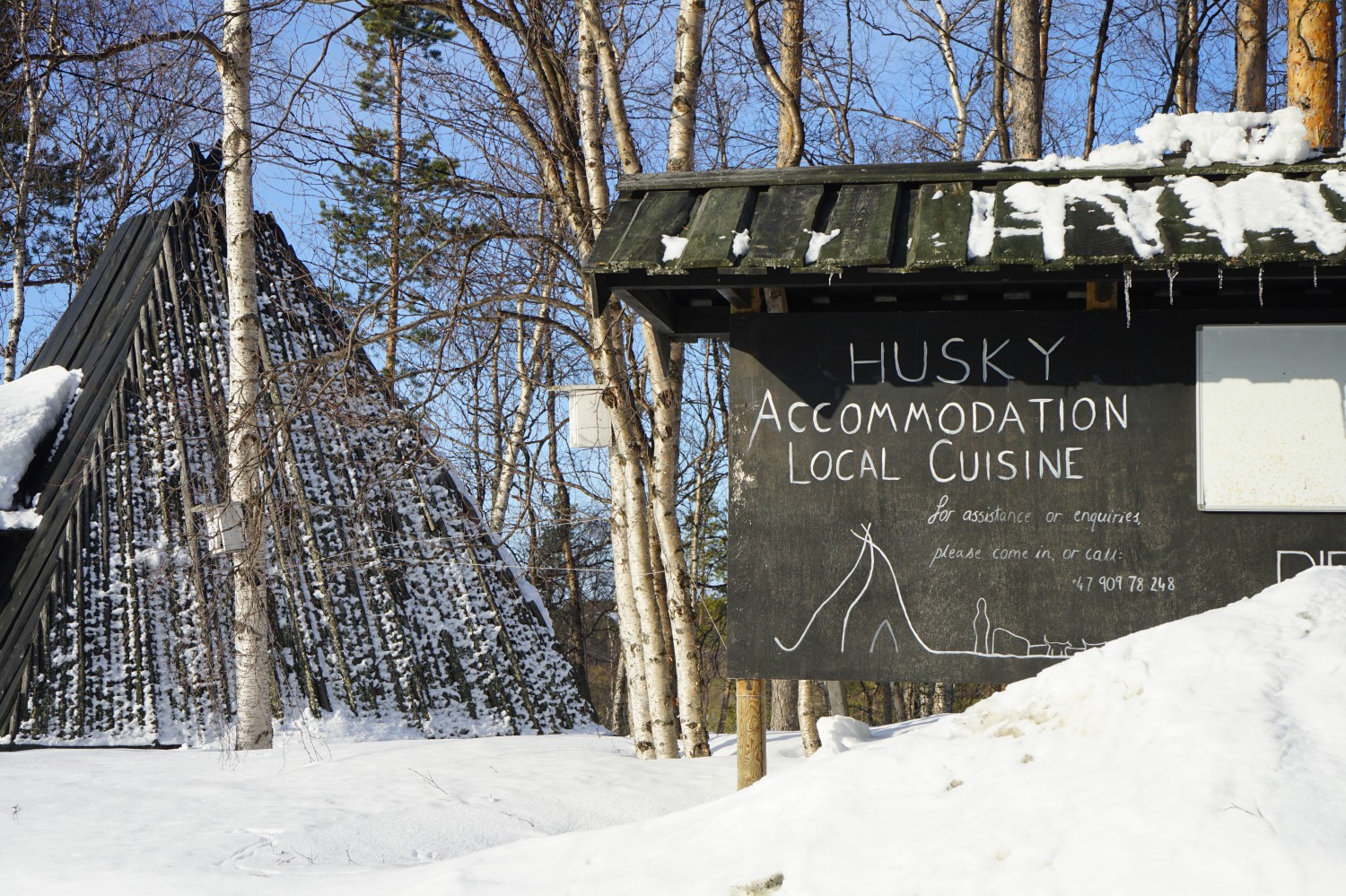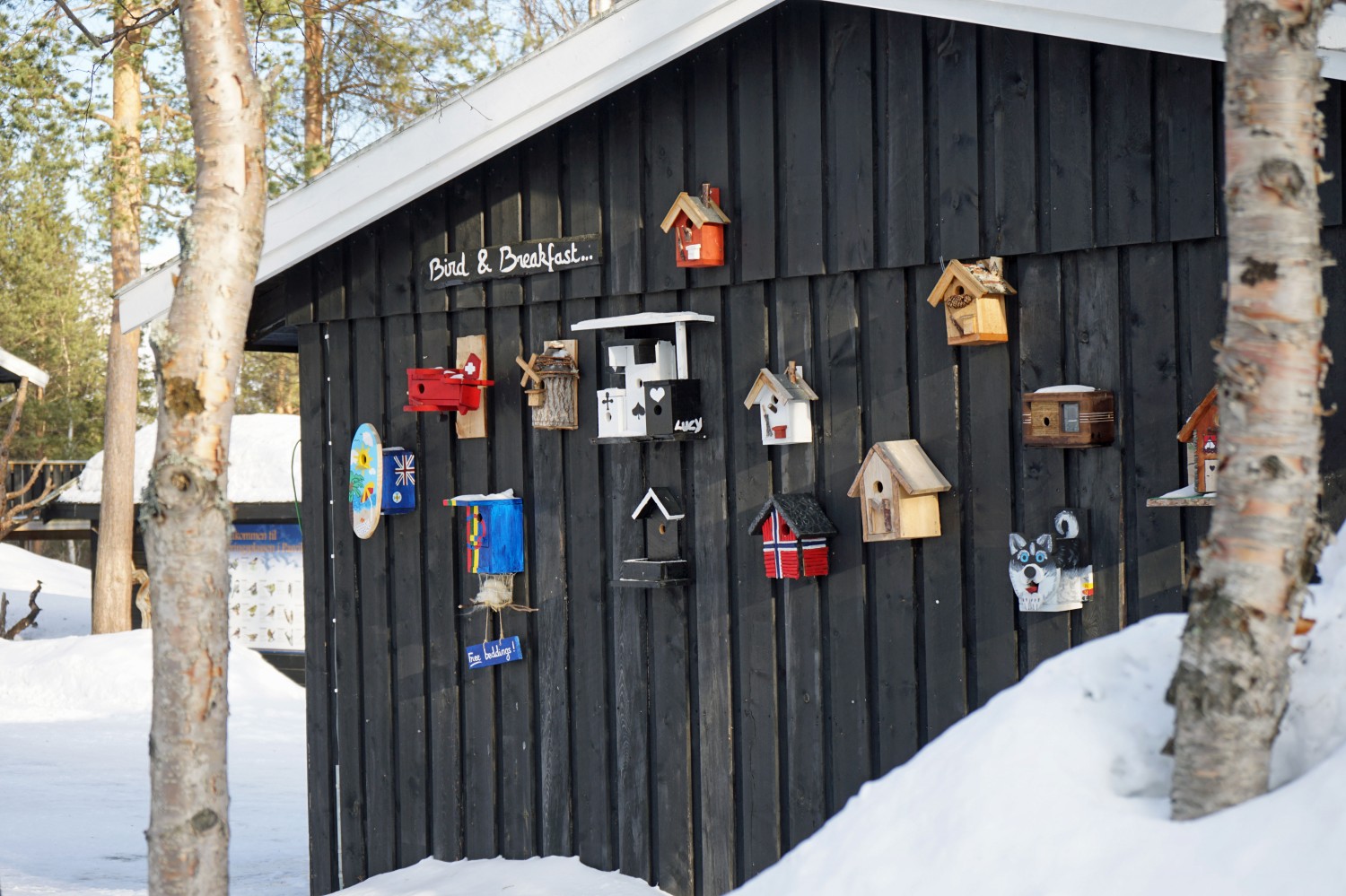Arctic wilderness tourism is hit especially hard by the coronavirus
In Norway, many Arctic tourism businesses are small, family-owned operations without the resources to weather a long economic downturn.

Northern lights, dog sledding, wilderness winter-camping, unique bird watching, local food and accommodation in wooden huts. A true recipe for building an Arctic adventure destination.
The tourist experience BIRK Husky has been built stone by stone since Trine Beddari decided to live the dream back in 2004.
It started with a lavvu, a few dogs, some local food recipes, and — not least — a great location: right on the Norwegian border to Russia on the edge of the endless taiga forest inside the Arctic Circle.
[Arctic tourism businesses fear they won’t survive the coronavirus crisis]
Like most other remote northern nature adventure companies offering dog sledding, BIRK Husky is family-owned, and not backed by mainstream tourism investors.
“We were fully booked for the rest of the winter,” Trine tells.
Then came March 12 with Norway’s coronavirus lockdown.
“Everything was turned upside down from one day to another. All bookings had to be canceled.”
Borders were closed. Planes were grounded. Even domestic travelers were put in quarantine.
The lodge in the Pasvik valley has visitors from around the globe. 90 percent of the tourists at BIRK Husky are from outside Norway.
“The last two of our six season-workers left yesterday,” Trine tells while grooming the husky dogs.
Working as a nature guide is highly attractive. This year, BIRK Husky had two Germans, two Britons, an Austrian and one guide from Spain. Overnight tours with the huskies for small groups in freezing cold require skilled guides.
Income vanished overnight
Expenses are running while income is gone.
“The dogs need food, veterinary costs money and the electricity bill still comes,” Trine smiles but admits that she is tired. “The last two weeks have been extreme.”
Food and veterinarians for the dogs cost about 100,000 kroner (€8,700) annually.
She has now started online fundraising to be able to feed the dogs. Forty-four husky sled dogs eat a lot. The response has been overwhelming.
“In the first few hours, we got in enough to buy dog food until summer.”
BIRK Husky has also offered people in the local community to borrow a dog or two. As “new family members” for a period of time.
The first four husky dogs have already “went on vacation.”
A recent survey made among 880 member companies in the Norwegian Hospitality Association paints a grim picture of the situation in the tourism business.
Two out of three companies say they are on the brink of bankruptcy.
Nearly 80 percent of the companies have laid off between 76 percent and 100 percent of their employees.
The ongoing coronavirus pandemic is inevitably having an enormous impact on the travel industry.
Many of the small family-run businesses in the Arctic are in the same situation as BIRK Husky. They fear the coronavirus could put an end to what everyone believed was the prosperous alternative for the growing number of travelers tired of mass tourism.
Post-coronavirus possibilities
The dogs are impatient and eager to run again.
“I will not give up,” Trine Beddari assures.
“Nobody knows how long this will last. Hopefully, we are up and running as normal by next winter season.”
“Maybe tourism in post-coronavirus times will be extra attracted towards wilderness nature,” she adds.
“Our peaceful little corner of the world is maybe what more travelers are looking for.”
At BIRK Husky, deep into the taiga forest in the Pasvik valley, distancing from huge crowds of people is at least not a problem.


